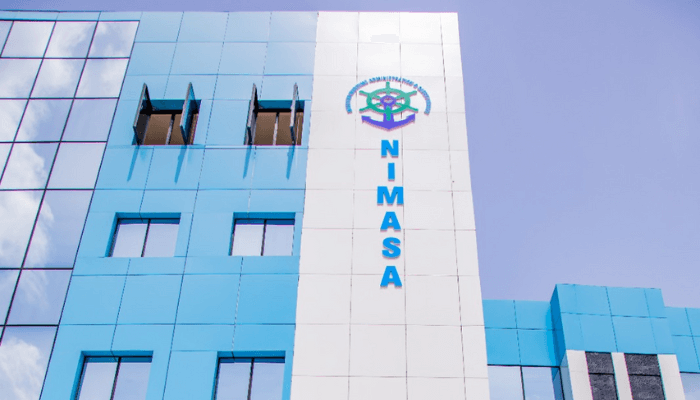The Nigerian Maritime Administration and Safety Agency (NIMASA) has introduced the Maritime Enhanced Monitoring System (MEMS), a cutting-edge digital platform designed to revolutionise maritime operations across Nigeria’s territorial waters and ports. Here’s everything you need to know about this transformative initiative:
What is MEMS and why was it introduced?
MEMS is a real-time monitoring and tracking system developed by NIMASA to automate and digitise maritime activities. It leverages satellite and Automatic Identification System (AIS) data to enhance transparency, efficiency, and accountability in Nigeria’s maritime sector.
For years, Nigeria’s maritime sector has struggled with issues such as revenue leakages, service delays, fragmented data, and weak environmental enforcement. MEMS was introduced to tackle these inefficiencies head-on by replacing outdated manual systems with a fully digital framework that enables traceability, accountability, and swift enforcement.
By replacing outdated manual systems, MEMS ensures digital traceability, faster response times, and improved regulatory compliance.
Read also:
Key features of MEMS
The system offers real-time vessel tracking using satellite and AIS technology, providing constant visibility across Nigeria’s maritime domain. It enables automated logging of services such as waste reception and port operations, complete with accurate timestamps.
MEMS also includes pollution detection capabilities that issue instant alerts, allowing for swift environmental response. Through an integrated dashboard, data from various operations is centralised for seamless management. Additionally, MEMS features automatic billing, which helps reduce revenue leakage and ensures timely invoicing.
How does MEMS benefit stakeholders?
For NIMASA, MEMS enhances operational efficiency, ensures more effective revenue recovery, and strengthens the agency’s regulatory oversight. The shipping industry also stands to benefit, as the system reduces paperwork, improves service reliability, and fosters greater trust through transparency.
On a national scale, MEMS supports Nigeria’s broader digital governance reforms under President Bola Tinubu’s Renewed Hope Agenda, while promoting environmental sustainability and long-term economic growth.
MEMS is not a concession, privatisation, or outsourcing of NIMASA’s role.

